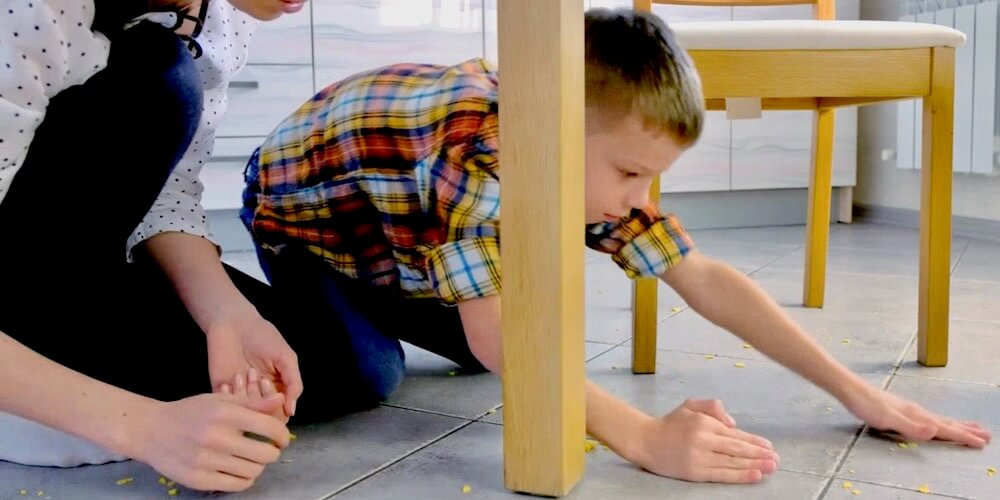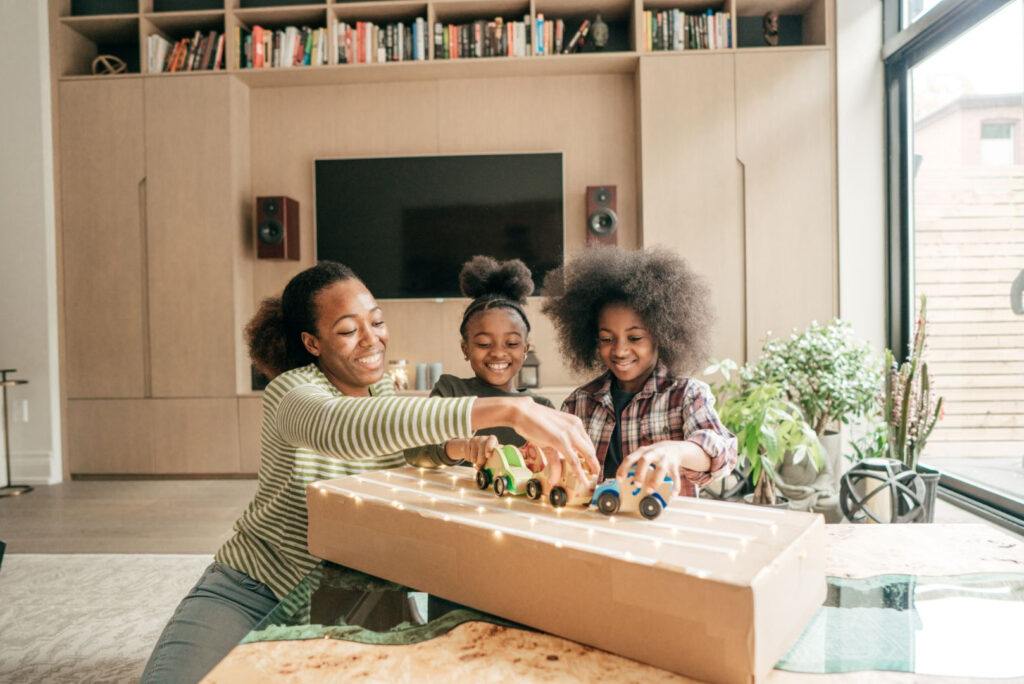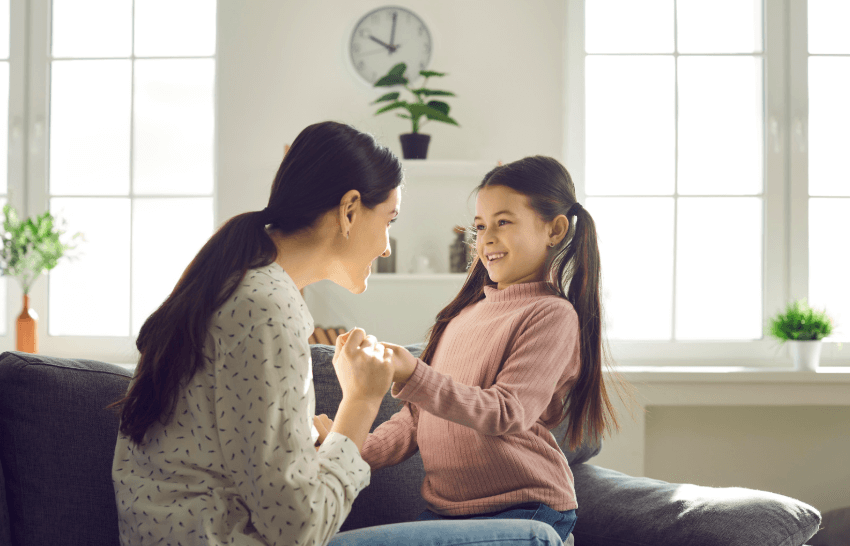How Effective Discipline Teaches Personal Responsibility and Emotional Resilience

Teaching your child personal responsibility through effective discipline is key to their development of important coping skills they will carry with them into adulthood.
The importance of logical consequences
As frustrated parents, when it comes to disciplining our children, we may assume that we will “get their attention” most effectively by taking away the privileges they enjoy, and thus expect the child to learn the lesson we want to teach them. When it comes to effective discipline, however, it is important to ask first, is this a logical consequence for the transgression?, and second, is the child being given an opportunity to correct their error or learn from their mistake?
Learning the natural consequences of our behavior as children helps us to become responsible adults. When it comes to discipline, a logical consequence, sometimes called a natural consequence, is directly related to the transgression; it is the unpleasant result of a poor choice.
Seven-year-old Henry is often careless at mealtimes, making a mess on the table, the chair, and the floor. Henry’s parents have warned him that he will lose the privilege of riding his bike if he doesn’t learn to eat more carefully. Although losing his bike privileges might make Henry try to eat more carefully in the hopes of earning back the privilege, something is missing: he is not actually learning why it is a problem to make a mess. Once he is allowed to ride his bike again, and his parents continue to clean up after him, he is likely to go back to being messy.
Teaching personal responsibility
Naturally, the logical consequence of making a mess would be that Henry would be expected to clean up the mess himself. At the next mealtime, Henry’s mother tells him before he eats that it will be his job to clean up after himself. She tells him this calmly and respectfully, so as to avoid shaming, blaming, or embarrassing him. Once Henry has had the unpleasant experience of cleaning his mess, and he understands that this will continue to be his responsibility going forward, he will be more careful when he eats so as to avoid the tedious work later.
The lesson he is learning will extend beyond the dinner table: it is a more global lesson in learning personal responsibility. That is, my actions have an impact, and it is only through experiencing the impact myself that I learn to make better choices. The consequence of cleaning up his mess is corrective, not a retaliation for disobedience; Henry’s mother is teaching him a valuable lesson, not ‘getting even’ with him.
Examples of logical consequences
Here are more examples of opportunities to teach children the natural consequences of their choices:
- Madison has a habit of throwing her dirty clothes on the floor. Her parents explain that if her dirty clothes aren’t in the hamper, they won’t get washed. Madison learns that in order to have clean clothes, they must be in the hamper.
- Brennan refuses to eat his dinner. He experiences the natural consequence of hunger, and his parents do not intervene by making him a later meal. The next night, he eats his dinner.
- Alex leaves his bike outside and it gets stolen. His parents do not intervene by buying him a new bike; he must earn the money to buy a new bike if he wants one.
- Clara gets a speeding ticket on the way to school. She must pay the ticket herself, and ride the bus to school until she completes an online driver’s safety course.
In imposing consequences, it’s also vital that the consequence be developmentally appropriate. If Harry were younger and had not yet developed the motor skills necessary to eat carefully, it would not be appropriate to discipline him for making a mess. Take into consideration the child’s age, capacity to communicate and understand, and ability to carry out the desired behavior.
The gift of learning to tolerate natural consequences
While this all may seem fairly straight-forward, the reality is that many well-meaning parents often clean up the messes of their children, both literally and metaphorically. As a parent who loves your child and wants nothing but happiness for them, it can be difficult not to swoop in and save them from discomfort. Not to mention, sometimes it’s just easier to fix it yourself.
Nevertheless, it’s very important that parents not ‘bailout’ their children when they make poor choices. Learning personal responsibility is important not only for learning the difference between right and wrong; it gives your child opportunities to learn healthy coping skills when they have to tolerate the discomfort and unpleasantness of negative consequences. Without ever learning these skills, they are more likely to suffer emotionally later in life when disappointments, hardship, and heartbreak are inevitable.
Looking for professional help for you or your child? Book an appointment instantly at findmytherapist.com.
Ready to prioritize your mental health?
Great Lakes Psychology Group is here to help. With an extensive network of caring therapists available to meet online or in-person, we make it easy to find the right fit for your unique needs.



